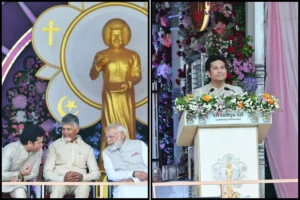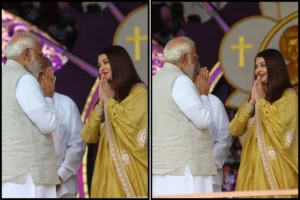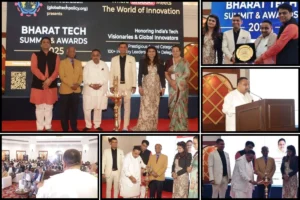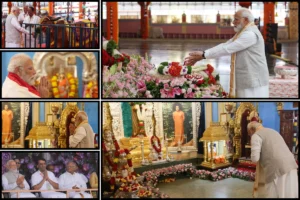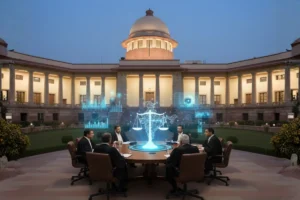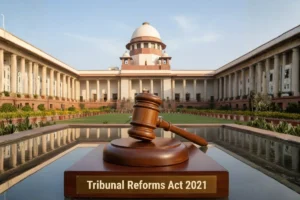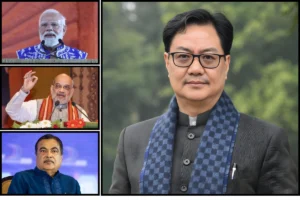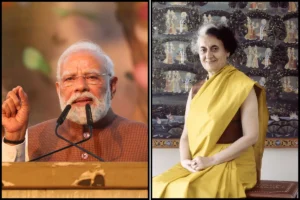
Prime Minister Rishi Sunak described the outcome as an illustration of “post-Brexit freedoms” after the U.K. ratified the Comprehensive and Progressive Agreement for Trans-Pacific Partnership (CPTPP) on Friday. The agreement must now be ratified by Westminster as well as each of the CPTPP countries.
With regard to the U.K.’s decision to join the 11-nation Asia-Pacific trading bloc, which generates about 13% of global GDP without the U.K., Mr. Sunak said, “We are at our core an open and free trading nation, and this deal demonstrates the real economic benefits of our post-Brexit freedoms”. Talks had been ongoing for 21 months.
According to the British government, the agreement would result in zero tariffs on more than 99% of British exports, including goods for important markets including cheese, vehicles, chocolate, machinery, gin, and whisky. In the long run, it was asserted, the transaction will boost the U.K. economy by £1.8 billion ($2.2 billion). But this only results in a 0.08% minor increase in GDP.
The agreement, according to the government, was a “gateway” to the Indo-Pacific region, which will eventually account for the majority (54%) of global economic growth.
Additionally, the UK and India are presently negotiating a “free trade” agreement. As a CPTPP participant, it will also have control over China’s decision to sign on.
In September 2021, Beijing submitted a membership application to the union. The United States had left the TPP, which was the predecessor to the CPTPP, while Donald Trump was president.
Some of the advantages of the CPTPP were highlighted by Downing Street, including a reduction in whisky and car taxes for British products going to Malaysia. According to Downing Street, 43% of the United Kingdom’s shipments to CPTPP nations last year were serviced.
The government claimed that after Britain joins the bloc, U.K. businesses will be able to conduct business on an equal footing with businesses in host nations without having to open a local office or be residents.
Kemi Badenoch, the U.K.’s international trade secretary, indicated it was time to move the conversation away from Brexit when asked by Times Radio if joining the CPTPP would make up for the economic loss of leaving the EU.
She said, “We need to look at what to do to grow that U.K. economy and not keep talking about a vote from seven years ago. We’ve left the EU”.
To read more such news, download Bharat Express news apps













